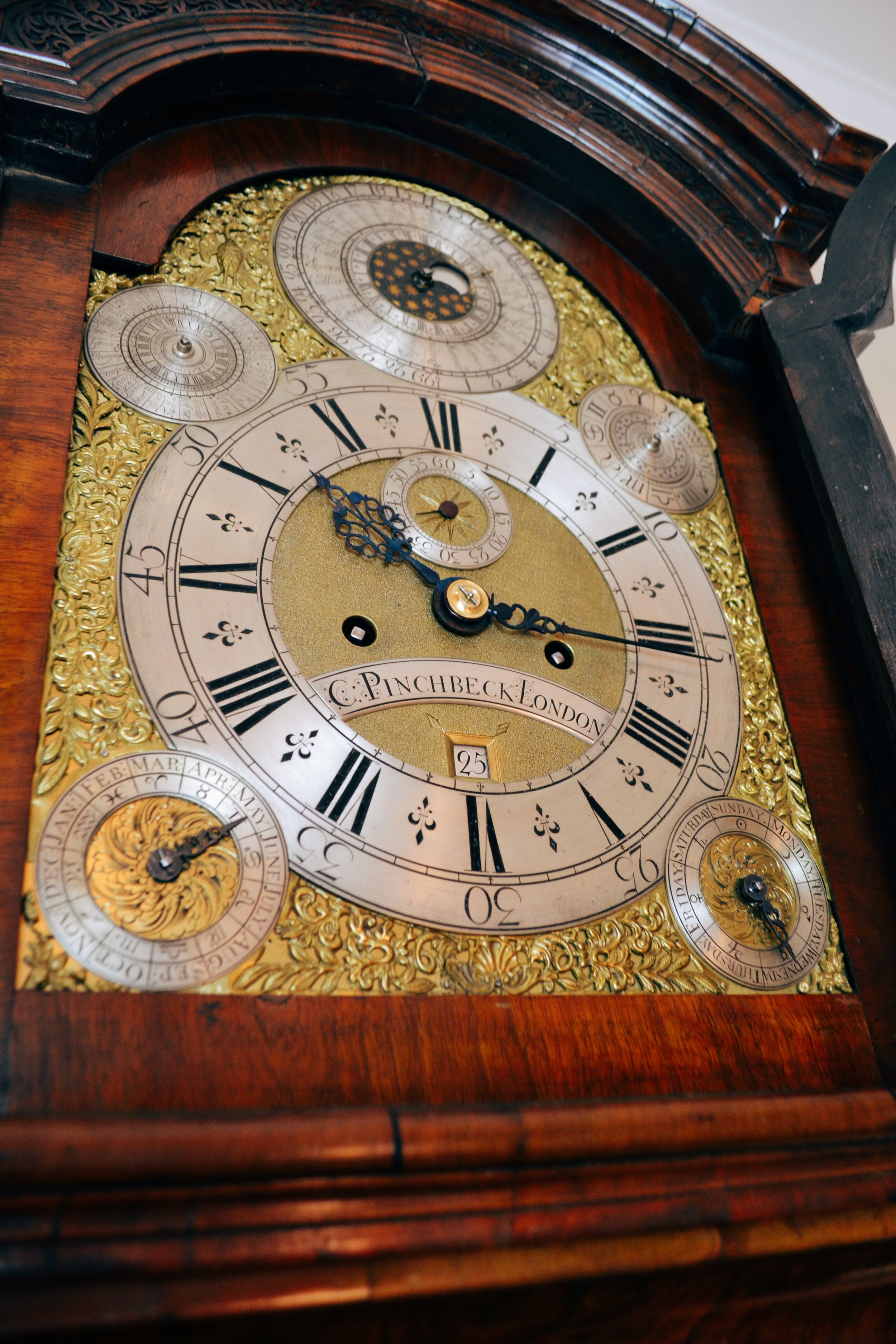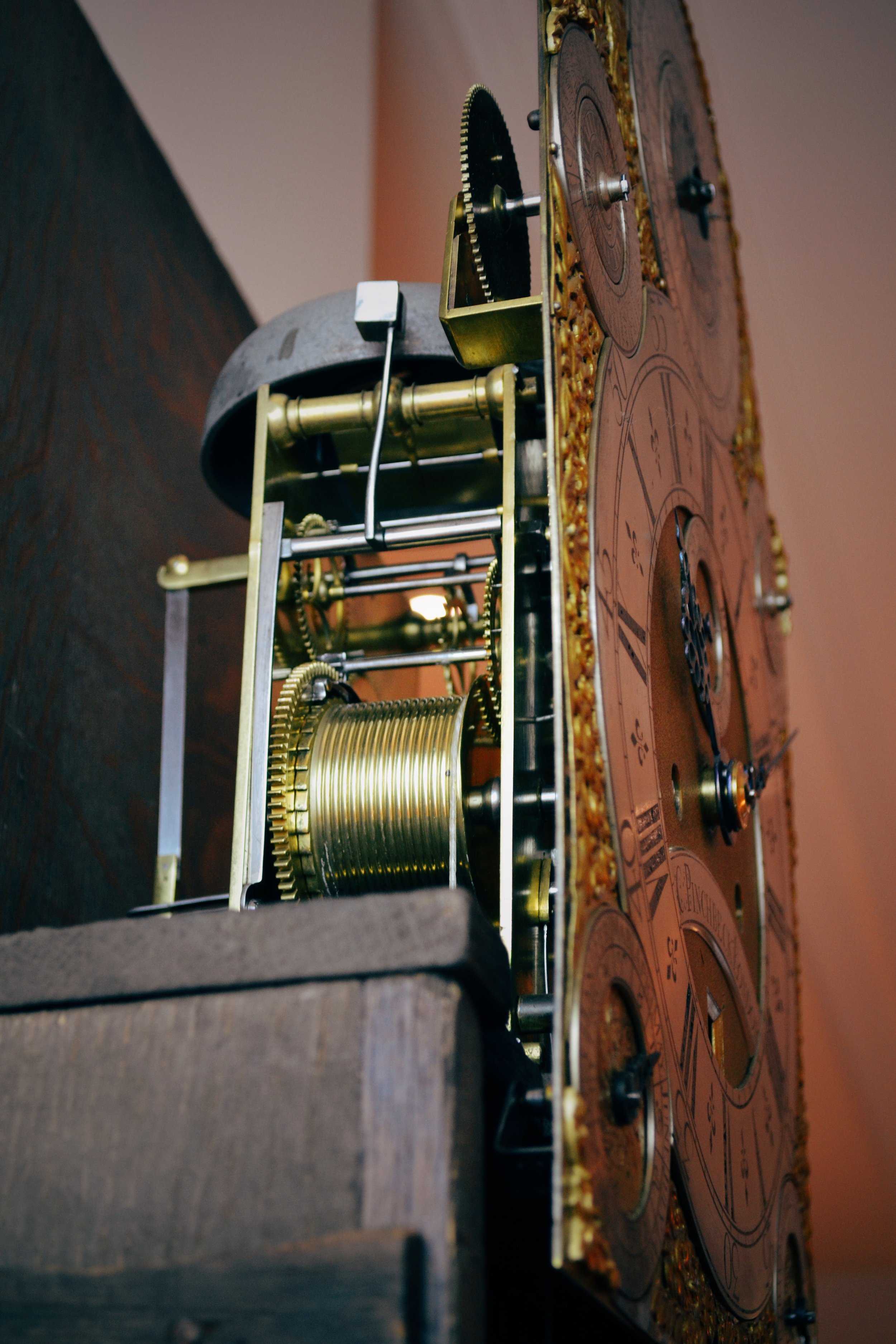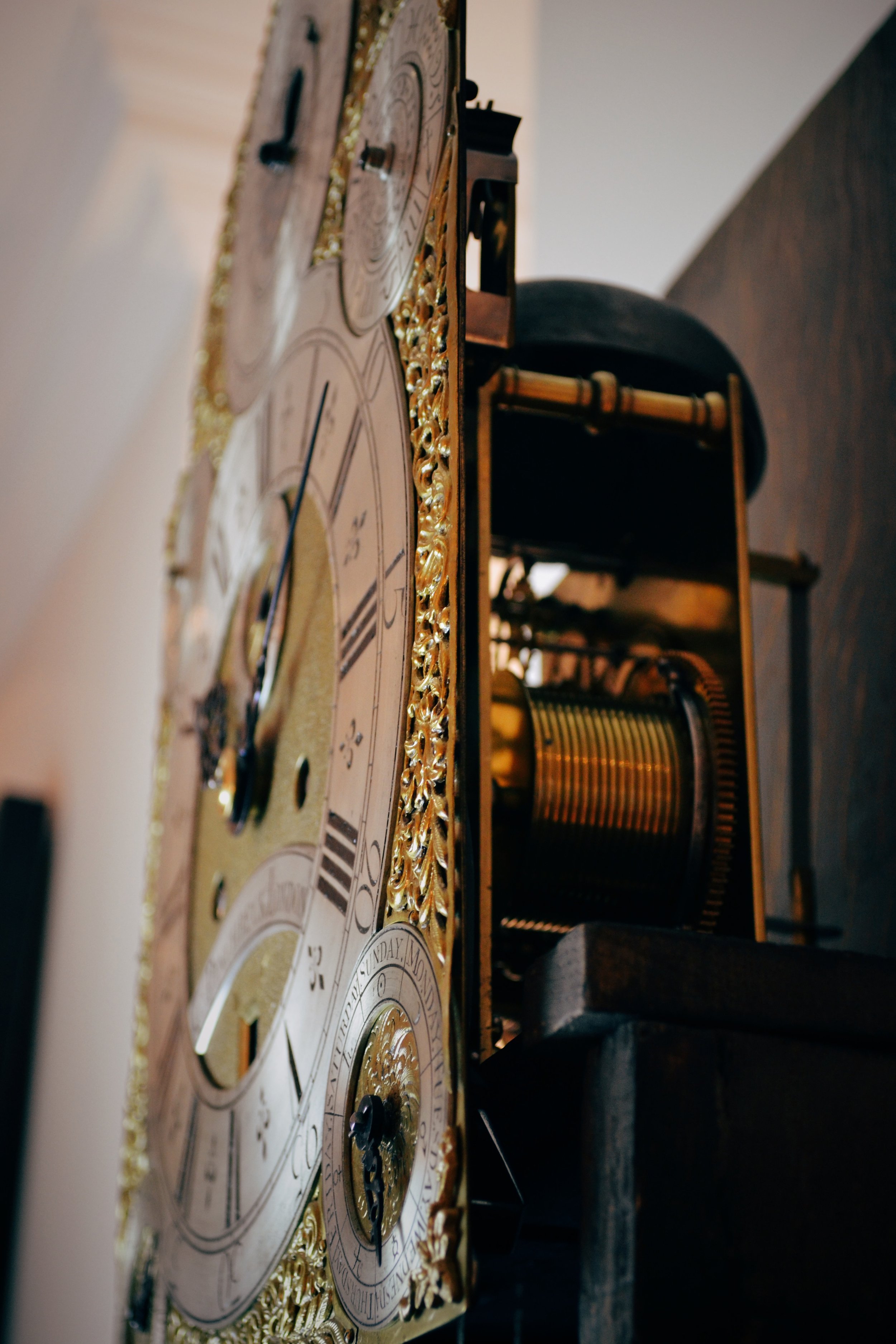An extra hour in bed?
Looking forward to an extra hour in bed?
A few years ago it wasn’t hard for most of us to adjust our own clocks and watches twice a year, because we didn’t own very many. If anything, it’s even easier today, because the timekeepers in digital devices usually reset automatically. There are still a few, though, that need doing manually, including, of course, mechanical watches.
In some places it’s more of a challenge. For example, there are more than 350 mechanical clocks (including a 1768 Christopher Pinchbeck) in Buckingham Palace, where two full time horologists keep them wound and maintained.
The small team of clockmakers in the Palace of Westminster have an even bigger challenge. In the Elizabeth Tower, the Great Clock of Westminster – often called after its main bell Big Ben – must also be manually reset – together with 2,000 other timepieces throughout the Houses of Parliament. The chimes from this iconic tower are not normally silenced during the night, so when it needs to be reset to BST or GMT it is stopped between 10pm and 2am, with the dial illumination turned off, during which time the engineers take the opportunity to do routine maintenance work.
And, until recently, just a few yards from our office, the tower clock in Lincoln Cathedral needed resetting manually. Nowadays even this is done electronically, sparing two of their staff a late-night climb of 180 steps, to adjust the clock after the last chimes at 10.45pm, ready to strike correctly at 7 the next morning. This clock has no public dial, and its chimes are automatically silenced overnight out of consideration for the neighbours!
Spare a thought for the keepers of these clocks, who probably won’t enjoy an extra hour’s sleep on Saturday night!
Fall Back: put your watch back by an hour this Saturday night, as Greenwich Mean Time starts at 2am on Sunday 29th October.





